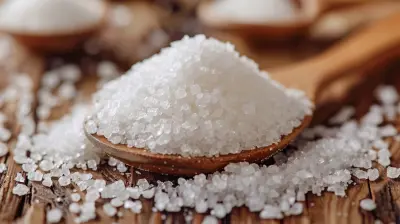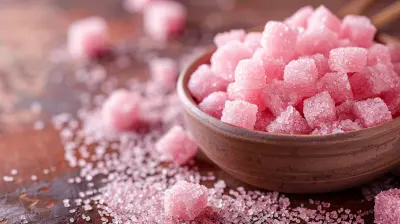The Importance of Vitamin K2 in Bone Density Protection
15 April 2025
Introduction
When we think about bone health, calcium and vitamin D usually steal the spotlight. But there's an unsung hero that plays a crucial role in keeping our bones strong—Vitamin K2. This little-known vitamin is essential for ensuring that calcium ends up in the right place (your bones) instead of wreaking havoc in your arteries.
If you're serious about maintaining strong and healthy bones, it's time to give Vitamin K2 the attention it deserves. In this article, we'll dive deep into why Vitamin K2 is a game-changer for bone density, how it works, and the best ways to ensure you're getting enough of it. 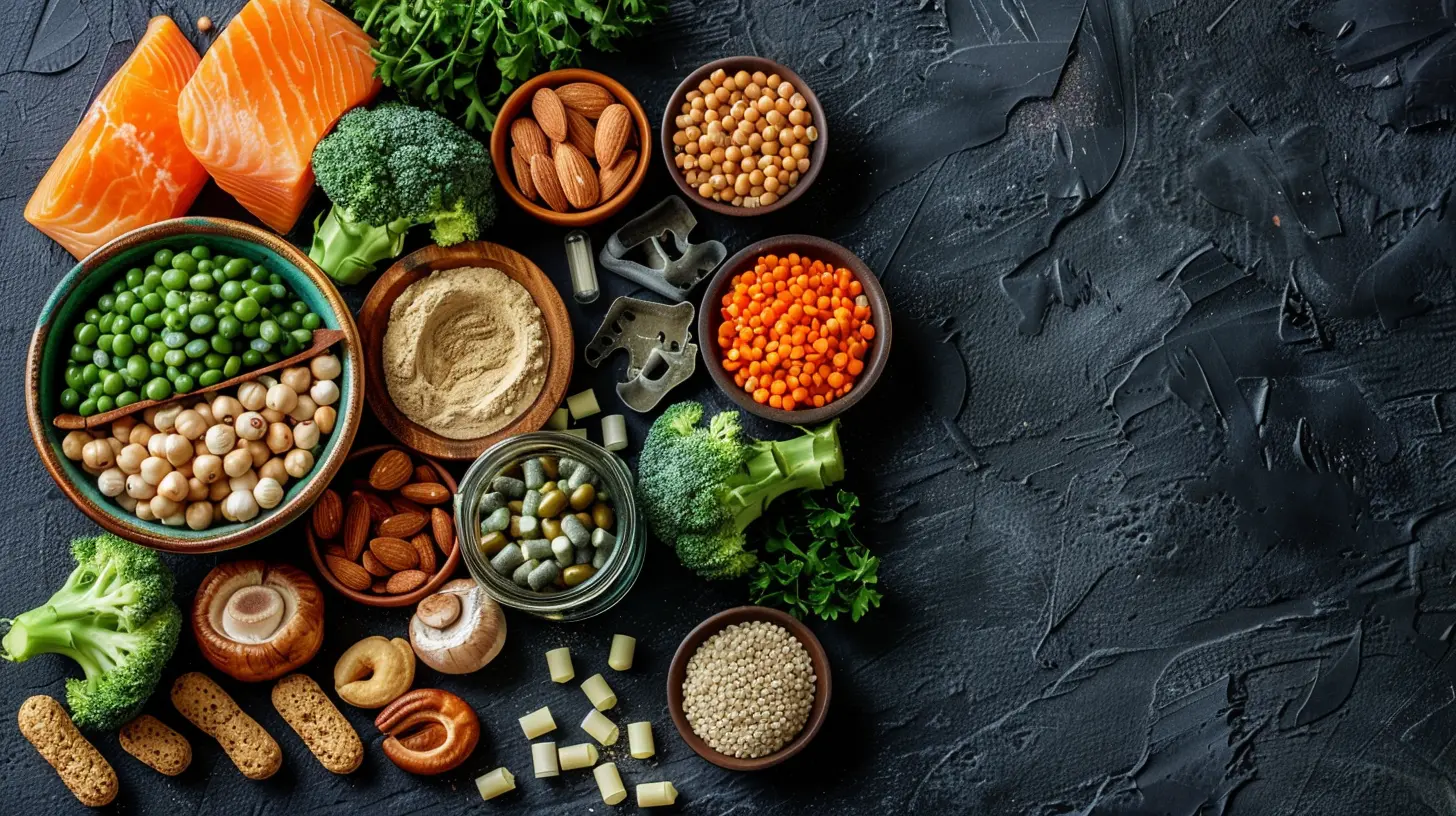
Why Bone Density Matters
Bone density isn't something most people think about—until problems arise. As we age, bones naturally lose density, increasing the risk of fractures, osteoporosis, and mobility issues. This is especially concerning for women post-menopause, as they are more prone to bone loss.Fragile bones aren't just a health issue; they affect the quality of life. Imagine not being able to move freely or fearing a simple fall. That’s why keeping bones strong and resilient is crucial for long-term health and independence.
While calcium and vitamin D help, they aren't enough on their own. Without Vitamin K2, calcium could be doing more harm than good. 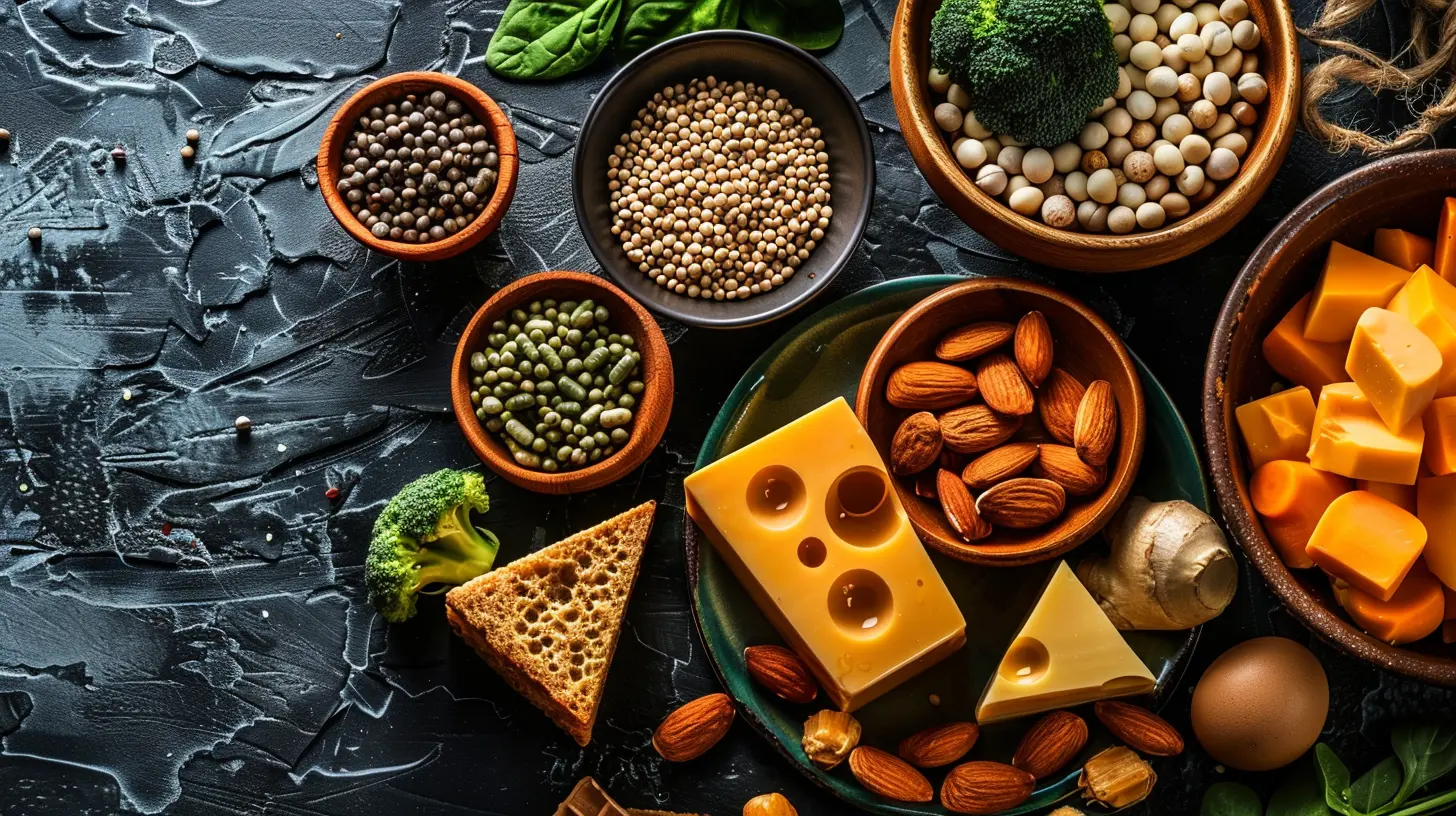
The Role of Vitamin K2 in Bone Density Protection
Vitamin K2 plays an essential role in calcium metabolism, ensuring that calcium goes to the bones instead of soft tissues like arteries. Here’s how it works:1. Activates Osteocalcin
Osteocalcin is a protein that helps bind calcium to the bone matrix. However, it needs to be "activated" to do its job. Vitamin K2 activates osteocalcin, allowing calcium to integrate into bones effectively. Without K2, calcium may drift elsewhere, increasing the risk of osteoporosis.2. Prevents Arterial Calcification
You’ve probably heard how too much calcium in the arteries can lead to heart disease. That’s where Vitamin K2 steps in—it activates matrix GLA protein (MGP), which helps prevent calcium buildup in the arteries. This means K2 not only strengthens bones but also supports heart health.3. Supports Bone Mineral Density
Studies suggest that people with higher Vitamin K2 intake have greater bone mineral density and a lower risk of fractures. This is particularly beneficial for older adults who naturally experience bone loss over time.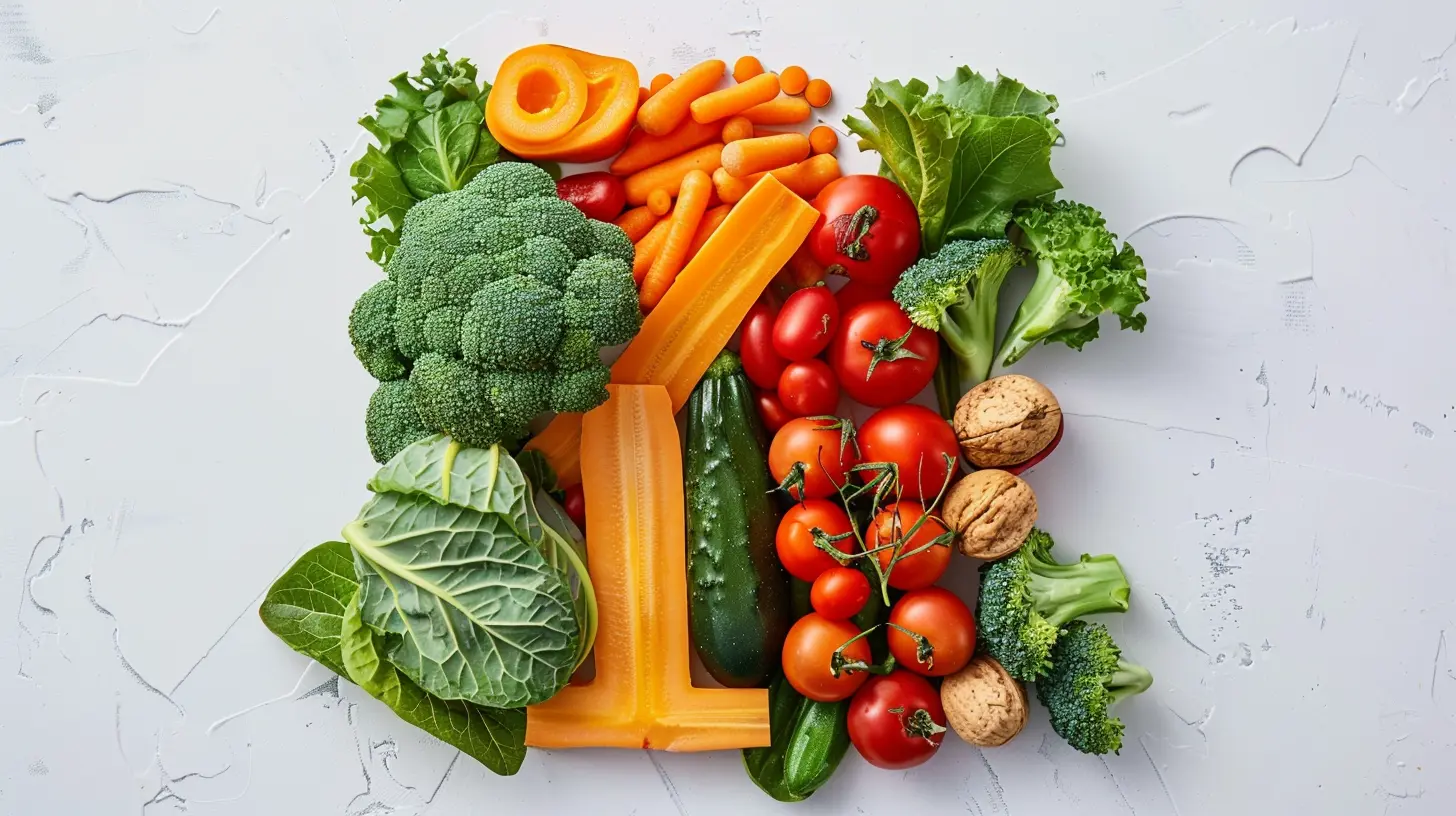
Vitamin K2 vs. Vitamin K1: What's the Difference?
Many people confuse Vitamin K2 with Vitamin K1. While they are both part of the vitamin K family, their functions are quite different:| Vitamin K1 | Vitamin K2 |
|--------------|--------------|
| Found in leafy greens (spinach, kale) | Found in fermented foods (natto, cheese) and animal products |
| Primarily supports blood clotting | Supports bone health and prevents arterial calcification |
| Less effective in directing calcium to bones | Essential for calcium utilization in bones |
While Vitamin K1 is great for blood clotting, Vitamin K2 is the one you need for bone health. Unfortunately, most people get plenty of K1 but not enough K2. 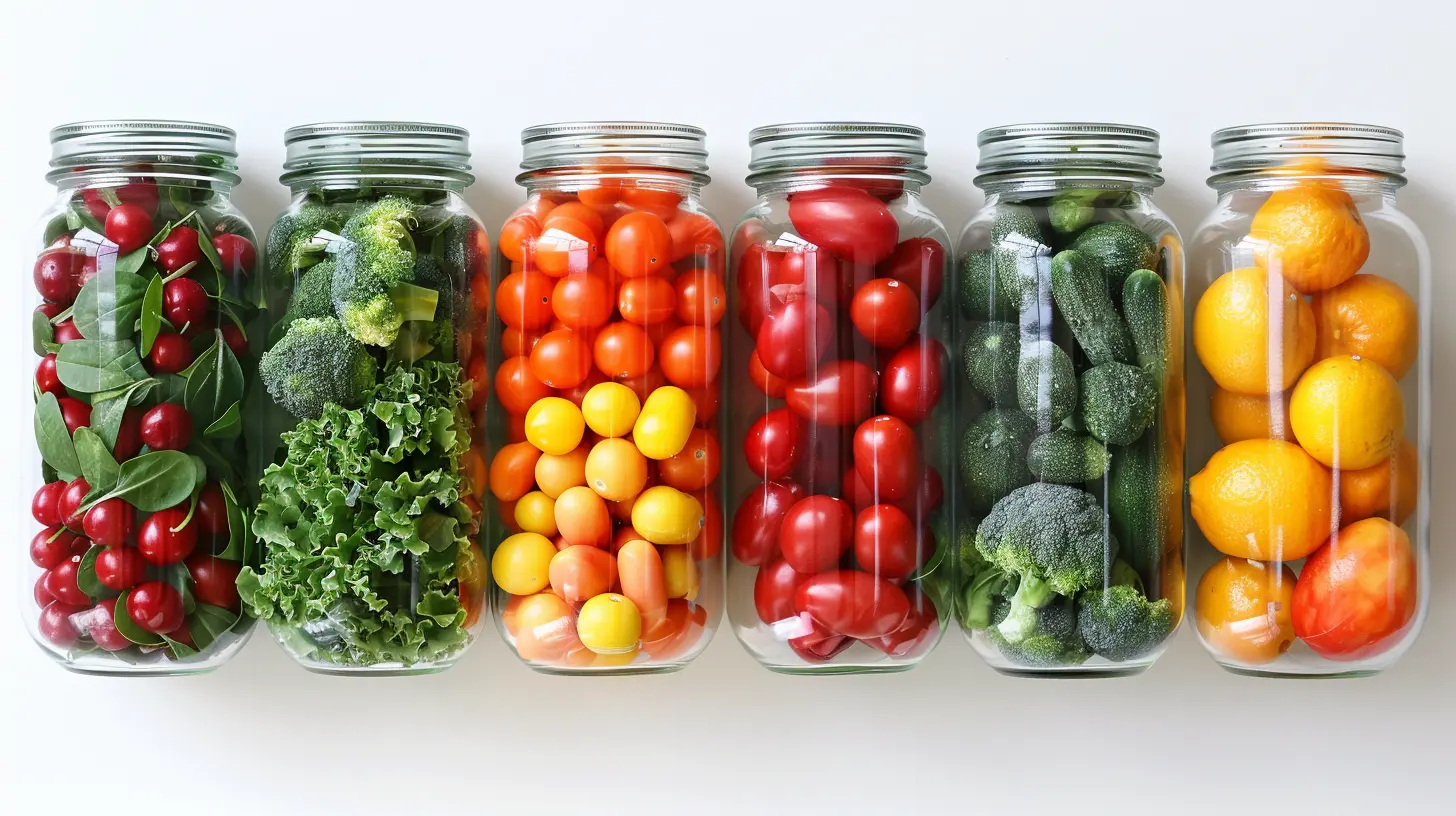
Best Sources of Vitamin K2
Since K2 isn’t as widely available as K1, it’s important to know where you can get it. Here are some of the best food sources:1. Natto
A Japanese fermented soybean dish, natto is the richest natural source of Vitamin K2 (MK-7 form). Though its strong flavor isn’t for everyone, it’s incredibly beneficial for bone health.2. Cheese and Dairy Products
Certain aged cheeses like Gouda, Brie, and Edam contain decent amounts of Vitamin K2. Grass-fed butter and milk also provide some K2, though in smaller amounts.3. Organ Meats
Liver, especially from grass-fed animals, is a great source of Vitamin K2. While not as popular in modern diets, it’s packed with nutrients essential for bone and cardiovascular health.4. Egg Yolks
Pasture-raised egg yolks contain Vitamin K2, making them a great addition to a bone-healthy diet. Just make sure you're eating the yolk—that's where the nutrients are!5. Grass-Fed Meat
Grass-fed beef and chicken provide moderate amounts of Vitamin K2, making them a solid choice for those who consume animal products.If your diet lacks these foods, a Vitamin K2 supplement might be a smart option to ensure you're getting enough.
How Much Vitamin K2 Do You Need?
Currently, there isn’t a strict daily recommendation for Vitamin K2, but research suggests that:- 100-200 mcg per day is beneficial for bone health and cardiovascular protection.
- Higher doses (300+ mcg) may offer additional protection against osteoporosis and arterial calcification.
- Forms like MK-7 (from natto) are more bioavailable and stay in the body longer than MK-4.
Most people aren't getting nearly this much through diet alone. That’s why supplementing can be a good idea, especially if you're at risk for bone loss.
Should You Take Vitamin K2 with Other Nutrients?
Absolutely! Vitamin K2 works best when paired with other key nutrients:- Calcium – Needed for strong bones, but K2 ensures it goes to the right place.
- Vitamin D3 – Helps the body absorb calcium, but without K2, it may lead to calcium buildup in arteries.
- Magnesium – Supports overall bone formation and balances calcium levels.
These nutrients work as a team to build strong bones and support overall health.
Who Needs Vitamin K2 the Most?
While everyone benefits from Vitamin K2, certain groups should pay extra attention:1. Postmenopausal Women
Due to hormonal changes, postmenopausal women are at increased risk of osteoporosis. Vitamin K2 can help maintain bone density and reduce fracture risk.2. People with Osteoporosis
If you already have osteoporosis or low bone density, Vitamin K2 supplementation can be a game-changer in bone health management.3. Those with Heart Disease Risk
Since K2 helps prevent calcium buildup in arteries, it’s beneficial for anyone with a history of cardiovascular disease.4. People on a High-Calcium Diet
Taking a lot of calcium without Vitamin K2 can be dangerous. If you consume dairy or calcium supplements regularly, ensure you balance it with Vitamin K2 to avoid arterial calcification.Final Thoughts
Your bones work hard to support you—why not give them the nutrients they need? While calcium and vitamin D are important, they aren't the full picture.Vitamin K2 is the missing piece of the puzzle that ensures calcium strengthens your bones instead of causing problems in your arteries. Whether through diet or supplements, making K2 a priority can lead to stronger bones, better mobility, and long-term health benefits.
So, if protecting your bones is something you care about, start adding more Vitamin K2 to your routine today. Your future self will thank you!
all images in this post were generated using AI tools
Category:
VitaminsAuthor:

Eileen Wood
Discussion
rate this article
4 comments
Romina Martin
Keep bones happy, folks!
May 9, 2025 at 3:34 PM

Eileen Wood
Absolutely! Vitamin K2 plays a crucial role in keeping our bones strong and healthy. Let's keep them happy!
Tamara McFadden
Vitamin K2 isn’t just a fancy letter—it's your bone’s bestie! If you think calcium alone is enough, think again! Don’t let your skeleton be a brittle mess; give it the K2 love it craves! Get with the program!
April 25, 2025 at 4:29 AM

Eileen Wood
Absolutely! Vitamin K2 plays a crucial role in bone health by helping to properly utilize calcium, ensuring stronger bones. Thanks for highlighting its importance!
Kevin Rosales
Who knew keeping our bones strong could be so fun? Think of Vitamin K2 as your bone’s superhero cape! It’s time to level up your health game and let those bones dance with joy! 🦴💃
April 19, 2025 at 4:25 AM

Eileen Wood
Absolutely! Vitamin K2 is essential for bone health, helping to activate proteins that strengthen bones and improve density. Let's make bone care exciting! 🦴💪
Marie Foster
Thank you for this informative article on Vitamin K2! It's inspiring to learn about its critical role in bone density. I appreciate the emphasis on nutrition for maintaining overall health.
April 18, 2025 at 3:22 AM

Eileen Wood
Thank you for your kind words! I'm glad you found the article informative and inspiring. Nutrition plays a vital role in our health, and Vitamin K2 is a key player in bone density.
